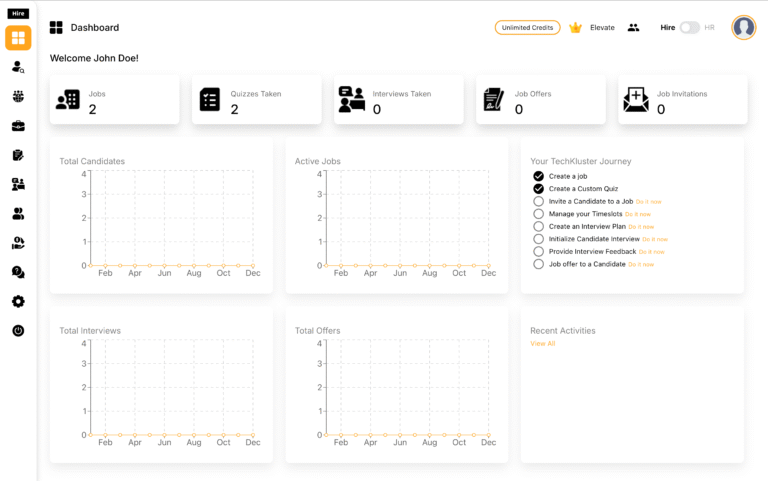Introduction In JavaScript testing, it's often necessary to verify that certain functions are called or to simulate specific behavior for testing purposes. Spies and mocking provide powerful tools for achieving these goals. Jest, a popular testing framework, offers built-in features for creating spies and mocks. In this article, we will explore how to use spies …
Introduction
In JavaScript testing, it’s often necessary to verify that certain functions are called or to simulate specific behavior for testing purposes. Spies and mocking provide powerful tools for achieving these goals. Jest, a popular testing framework, offers built-in features for creating spies and mocks. In this article, we will explore how to use spies and mocking with Jest to enhance your unit tests.
Spies
Spies are functions that record information about function calls, such as whether they were called, how many times they were called, and with what arguments. Jest provides a jest.spyOn() function to create spies. Here’s an example:
const obj = {
someMethod: () => {
// Implementation
}
};
test("should call someMethod", () => {
const spy = jest.spyOn(obj, "someMethod");
// Call the function that triggers the invocation of someMethod
expect(spy).toHaveBeenCalled();
expect(spy).toHaveBeenCalledTimes(1);
});In this example, we create a spy using jest.spyOn() to track the someMethod function of the obj object. After invoking the function that triggers the execution of someMethod, we use Jest’s matchers to assert that the spy was called and called only once.
Mocking
Mocking involves replacing a function or module with a custom implementation for testing purposes. Jest allows you to create mocks using the jest.fn() function. Here’s an example:
const fetchData = () => {
// Implementation
};
const fetchDataMock = jest.fn(() => Promise.resolve("mocked data"));
test("should mock fetchData", async () => {
fetchData.mockImplementation(fetchDataMock);
const data = await fetchData();
expect(data).toEqual("mocked data");
expect(fetchDataMock).toHaveBeenCalled();
});In this example, we create a mock function fetchDataMock using jest.fn(). We then use fetchData.mockImplementation() to replace the original fetchData function with our mock implementation. The mock implementation returns a Promise that resolves to the mocked data. We can then test the behavior of our code using the mocked function.
Mocking Modules
Jest also provides the ability to mock entire modules using the jest.mock() function. This allows you to replace the implementation of an entire module with a mock implementation. Here’s an example:
// math.js
export const add = (a, b) => a + b;
// test.js
import { add } from "./math.js";
jest.mock("./math.js", () => ({
add: jest.fn(() => 42)
}));
test("should mock the math module", () => {
expect(add(2, 2)).toEqual(42);
expect(add).toHaveBeenCalled();
});In this example, we mock the math.js module using jest.mock(). We provide a mock implementation for the add function that always returns 42. When the add function is called in the test, it uses the mock implementation instead of the original implementation.
Mocking Return Values and Implementation
In addition to tracking function invocations, Jest allows you to specify the return values and implementations of mocked functions. This provides more control over the behavior of the mocked functions in your tests. Let’s explore how to mock return values and implementations with Jest.
Mocking Return Values
You can specify the return value of a mocked function using the mockReturnValue() or mockResolvedValue() methods provided by Jest. Here’s an example:
const fetchData = jest.fn();
test("should mock return value", () => {
fetchData.mockReturnValue("mocked data");
const result = fetchData();
expect(result).toEqual("mocked data");
});In this example, we create a mocked function fetchData using jest.fn(). We then use mockReturnValue() to specify that the mocked function should return "mocked data". When we call fetchData(), it returns the mocked value.
For functions that return promises, you can use mockResolvedValue() to mock the resolved value of the promise:
const fetchData = jest.fn();
test("should mock resolved value", async () => {
fetchData.mockResolvedValue("mocked data");
const result = await fetchData();
expect(result).toEqual("mocked data");
});Here, we use mockResolvedValue() to specify that the promise returned by fetchData should resolve to "mocked data". The test awaits the result of the promise and asserts that it matches the mocked value.
Mocking Function Implementations
Jest allows you to mock the implementation of a function using the mockImplementation() method. This allows you to replace the original implementation with a custom implementation for testing purposes. Here’s an example:
const fetchData = jest.fn();
test("should mock function implementation", () => {
fetchData.mockImplementation(() => "mocked data");
const result = fetchData();
expect(result).toEqual("mocked data");
});In this example, we replace the implementation of fetchData with a custom implementation that simply returns "mocked data". When we call fetchData(), it invokes the mocked implementation instead of the original implementation.
You can also use mockImplementationOnce() to specify different implementations for consecutive calls to the mocked function. This allows you to simulate different behavior for different invocations. Here’s an example:
const fetchData = jest.fn();
test("should mock function implementation once", () => {
fetchData.mockImplementationOnce(() => "first");
fetchData.mockImplementationOnce(() => "second");
expect(fetchData()).toEqual("first");
expect(fetchData()).toEqual("second");
});In this example, the first call to fetchData() invokes the first mock implementation ("first"), and the second call invokes the second mock implementation ("second").
Conclusion
Jest’s mocking capabilities provide powerful tools for controlling the behavior of functions in your tests. By mocking return values and implementations, you can simulate specific scenarios and ensure that your code behaves as expected. Whether you need to specify return values, mock resolved promises, or replace function implementations, Jest’s built-in methods like mockReturnValue(), mockResolvedValue(), and mockImplementation() allow you to customize the behavior of your mocked functions. Incorporate these techniques into your testing workflow to create more robust and reliable tests.





